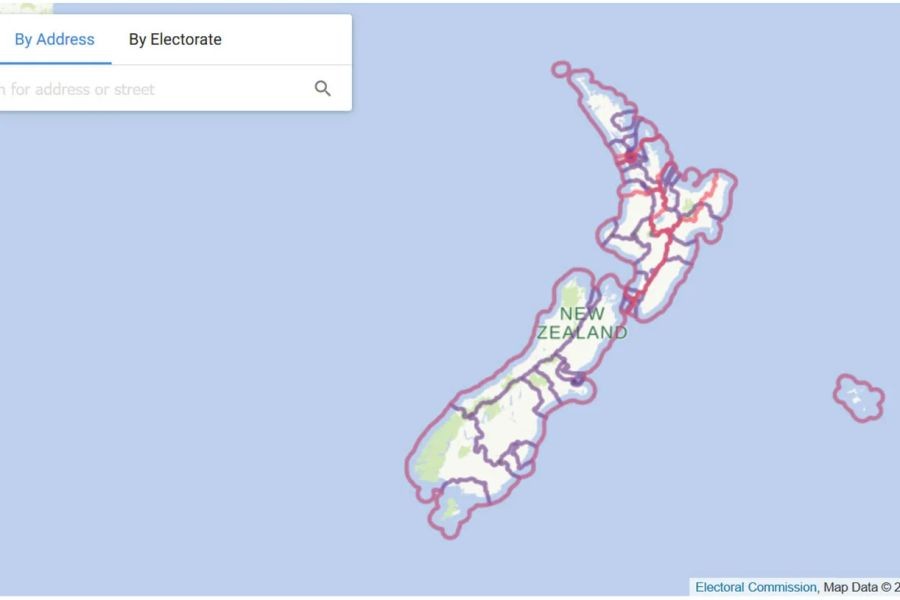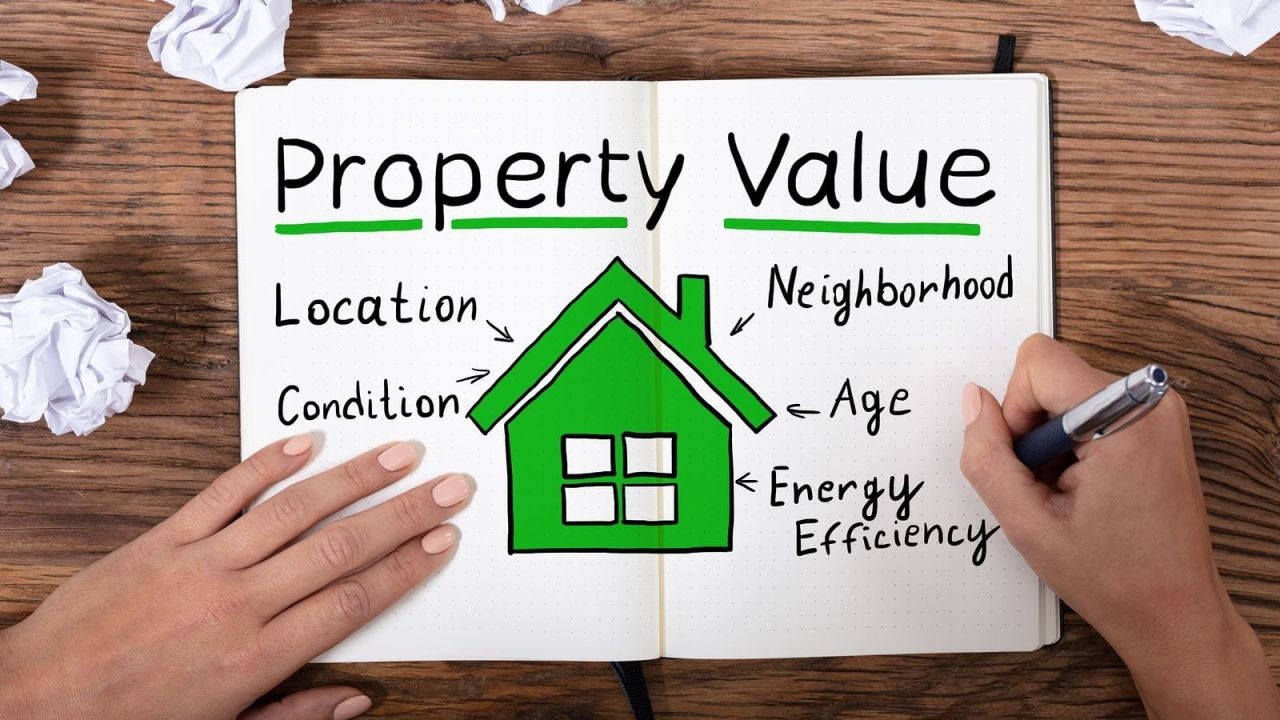In recent years, New Zealand's real estate market has become a battleground, characterized by fierce competition and skyrocketing property prices. For potential homebuyers and investors, navigating this landscape requires more than just luck. It calls for strategic planning, deep market insights, and a keen understanding of local economic drivers. This article delves into how you can survive and thrive in New Zealand's competitive real estate market.
Understanding New Zealand's Real Estate Dynamics
New Zealand's real estate market is influenced by various factors, including government policies, economic trends, and demographic shifts. According to Stats NZ, property prices have risen by an average of 27% since 2020, driven by low interest rates and a shortage of housing supply.
Case Study: Auckland's Property Boom
Problem: Auckland, New Zealand's largest city, has experienced a significant property boom, with the median house price reaching NZD 1.2 million in 2024. This surge has priced many first-time buyers out of the market.
Action: In response, the local government implemented the Auckland Unitary Plan to increase housing density and promote affordable housing projects.
Result: This initiative has begun to stabilize prices, with a slight decrease in the median house price by 5% over the past year.
Takeaway: Government interventions can play a crucial role in moderating housing markets. Investors should stay informed about policy changes that may impact property values.
Strategic Approaches to Navigate the Market
Surviving in such a competitive market requires a strategic approach. Here are some actionable strategies for financial advisors guiding their clients:
- Research and Timing: Understanding market cycles is crucial. Encourage clients to buy during market lulls and sell during peaks to maximize returns.
- Diversification: Advise clients to diversify their real estate portfolios across different regions and property types to mitigate risks.
- Leverage Technology: Utilize property analytics tools to gain insights into market trends and make data-driven decisions.
- Finance Strategically: Explore various financing options, including leveraging equity from existing properties or using mortgage brokers to secure competitive rates.
Contrasting Views: Renting vs. Buying
In New Zealand, the decision to rent or buy is often debated. On one hand, buying property can be seen as a solid investment, offering capital gains and rental income. However, with homeownership costs being 40% higher than renting, according to the NZ Housing Report, renting can be a more viable option for many.
While buying offers stability and investment potential, renting provides flexibility and reduces financial burdens, especially in volatile markets. Financial advisors must weigh these factors carefully to tailor advice to individual client needs.
Common Myths in New Zealand's Real Estate Market
- Myth: "Property values always go up." Reality: While long-term trends show growth, property values can fluctuate due to economic factors. Understanding these cycles is crucial for informed investment decisions.
- Myth: "You need a 20% deposit to buy a house." Reality: With initiatives like the KiwiSaver scheme, first-time buyers may be eligible for lower deposit requirements.
- Myth: "All real estate agents offer the same services." Reality: Services can vary significantly. It's essential to research and choose agents with a proven track record in specific markets.
Biggest Mistakes to Avoid
- Neglecting Due Diligence: Failing to research property history and zoning laws can lead to unforeseen complications.
- Ignoring Market Trends: Not staying updated on market trends can result in missed opportunities or poor timing in buying/selling.
- Over-leveraging: Taking on too much debt can stretch finances thin, especially if interest rates rise.
Future Trends in New Zealand's Real Estate Market
According to a recent report by the Reserve Bank of New Zealand, the property market is expected to face several challenges and opportunities in the coming years. These include:
- Increased Urbanization: With more people moving to urban centers, demand for city properties is likely to rise.
- Sustainability Initiatives: As sustainability becomes a priority, eco-friendly properties may see increased demand.
- Technological Integration: PropTech innovations, such as virtual reality tours and AI-driven analytics, will transform how properties are bought and sold.
Conclusion: Navigating the Future
Successfully navigating New Zealand's competitive real estate market requires a blend of strategic planning, market knowledge, and adaptability to changing conditions. By leveraging these insights, financial advisors can better guide their clients towards making informed decisions that align with their financial goals.
Want to stay ahead in New Zealand's real estate market? Join our newsletter for the latest insights and strategies!
People Also Ask
- How do government policies affect New Zealand's real estate market? Government policies, such as tax incentives and housing regulations, can influence property prices and availability, impacting buyer decisions.
- What is the best strategy for first-time homebuyers in New Zealand? First-time buyers should consider leveraging KiwiSaver for lower deposits and focus on properties with growth potential in emerging areas.
Related Search Queries
- New Zealand real estate market trends 2025
- KiwiSaver home buying
- Real estate investment strategies NZ
- Pros and cons of buying property in NZ
- Government policies impacting NZ housing
































Senyor Tiklayci
11 months ago